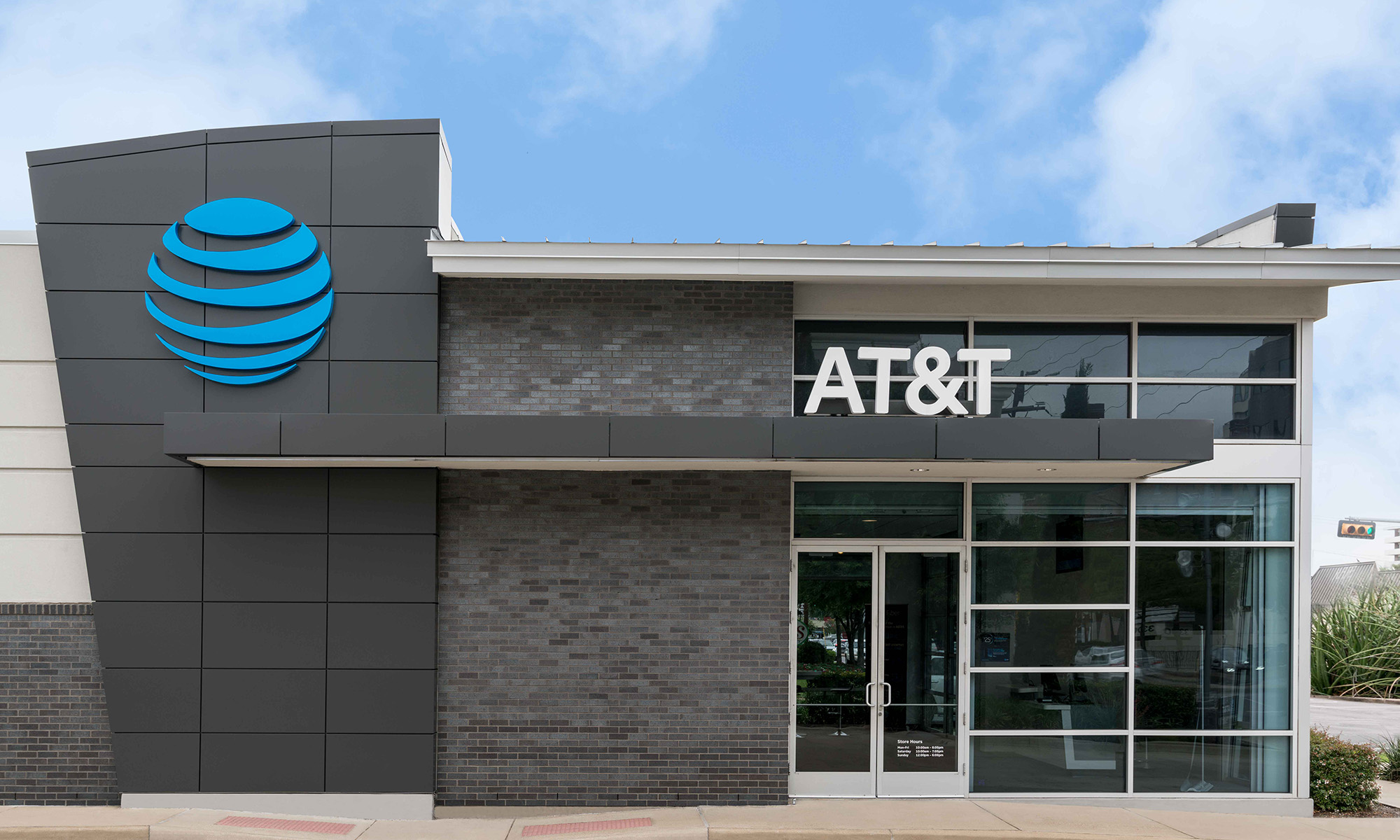Fairly recently, Google (GOOG 0.26%) (GOOGL 0.54%) entered the Internet service providing industry with Google Fiber, an Internet service that is roughly 100 times faster than traditional broadband. At $70 per month, it's a bargain compared to the industry average of $65 per month for lower-quality service. Although it's only available in four cities in the U.S., data suggests it could spread like wildfire and wreak havoc on the profitability of current industry titans Comcast (CMCSA +1.18%) and AT&T (T +0.22%).

Source: Google
Kansas City experiment has been wildly successful
Google Fiber was first installed in Kansas City, Kan. in 2011. According to an article from the Wall Street Journal, a whopping 42% of households surveyed in Kansas City currently use Google Fiber.
Google Fiber could be huge
Although it is nearly impossible to quantify the rate at which Google can expand its new product, it seems the new service has some serious growth potential. Google is currently prospecting in 34 cities around the country. Coming up with fancy projections would be silly at this point. But, it's safe to assume that if Google can offer a superior product at a comparable price to its competitors, the growth potential could be astronomical.
Many people don't like their current Internet options
If the majority of people were perfectly happy with their current Internet service providers, it would be one thing. But, satisfaction surveys suggest that many people would love to drop their current service.
In a 2013 J.D. Power survey, overall customer satisfaction among Internet service providers was rated 683 on a 1,000 point scale. The American Customer Satisfaction Index released a report, also in 2013, where ISP's received the lowest customer satisfaction ranking of any industry in America.
Clearly, there is a window of opportunity for Google to enter this near-monopolistic market.
Google's new service could mean trouble for AT&T and Comcast
For the heavy hitters in the ISP industry, Comcast and AT&T, Google's new service could harm their revenue and ability to generate profit. In 2013, Comcast generated 25% of its revenue from high-speed Internet service, and AT&T's wireline data segment accounted for 26% of the company's revenue in 2013.
Although many of Comcast's customers may have been displeased with its service over the past five years, shareholders were probably quite pleased. Since May 2009, Comcast stock has nearly doubled the S&P 500 Index. AT&T stock is another story, however, generating about one-third the return of the S&P 500.
If Google's new service catches on, the negative effect on the market share and profitability of Comcast and AT&T could be huge. But, of course, neither company will go down without a fight.
In fact, AT&T has responded to the threat. Recently, the company announced that it may begin to string its fiber optic lines directly to homes to match Google Fiber's superior speed. The company also announced plans to build an all-fiber network in Austin, Tex. and charge customers $70 per month (Google Fiber is also $70 per month).
What all this means for shareholders of Comcast & AT&T
Regardless of how it all plays out, Google Fiber should be seen as a negative thing for shareholders of Comcast and AT&T. Even if the two companies are able to revamp their current infrastructure to match Fiber's speed, their market share and profitability will likely suffer.








